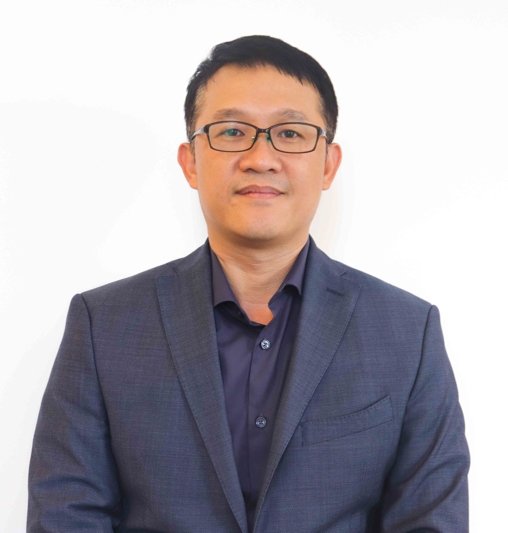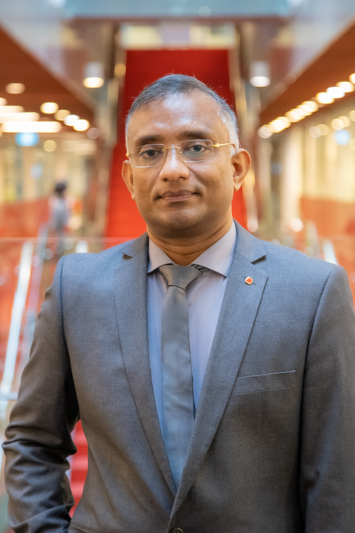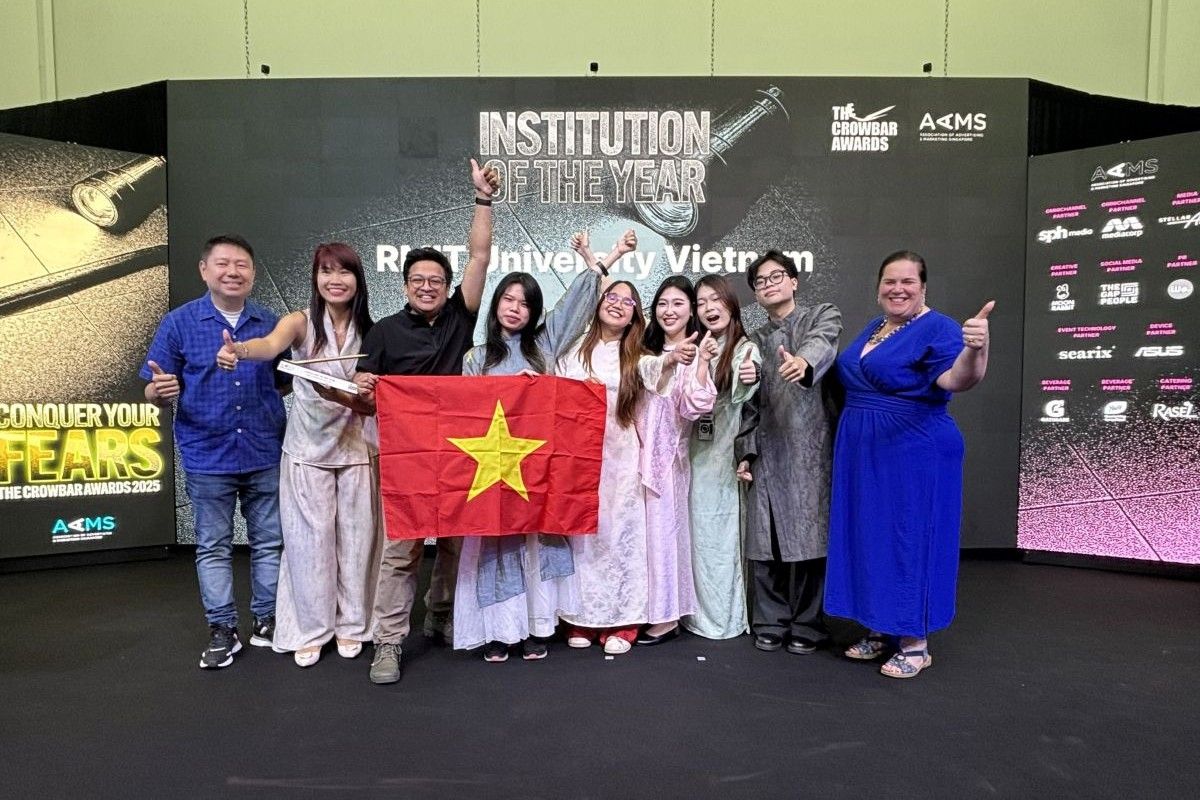Identify challenges
RMIT School of Business and Management lecturer Dr Majo George analysed the challenges local companies might face when acquiring vaccine tech transfer and starting to implement production in Vietnam.
Dr George said the first challenge is to find a local manufacturer with adequate skilled capability and capacity to produce COVID-19 vaccines.
“Manufacturing COVID-19 vaccines require highly technical know-how, rare raw materials and equipment, which are lacking in many developing countries,” he said.
“The complexity in the supply chain might create a huddle for countries like Vietnam in accessing the technology transfer.
“A recent study indicated that the Pfizer vaccine supply chain requires 280 components from 86 suppliers in 19 countries, along with specialised equipment and trained personnel.”
He emphasised that although Vietnam may take part only in the fill-and-finish stage of vaccine production, investment in advanced technology, capital and human resource training becomes essential for the national vaccine production plan.
Dr George pointed out another challenge in accessing to reliable supplies in a short time when current outbreak of the new Delta variant of the COVID-19 has adversely affected existing global supply chains.
“The raw materials needed can vary from basic ones like buffers, resins, sodium chloride, to consumables such as single use containers, tubing, sterile filters, vials, stoppers to mention a few,” he said.
“Delays of some of these are forecasted to be 12 to 15 months.
“For some of the key materials like vials, syringes, stoppers, seals, there are only a limited suppliers and it hinders the supplier base growth.
“To worsen the situation, some developed countries have taken excess ordering for safety stock which leads to further shortage and inefficiencies across the industry.”
Dr George said the international travel restrictions and quarantine requirements are causing delays for vendors to provide experts on site for installation of the new equipment and to provide training for the local staff.
“It is expected that there will be long delays to commission new facilities.”
He also commented on the limited resources and supply sources which mainly from only five major pharmaceutical firms and the continuing debate over intellectual property rights have not enabled vaccine tech transfer as expected.
“Large pharmaceutical companies have been unwilling to join it, preferring to pursue lucrative bilateral deals with wealthy countries instead.”
Story: Ha Hoang






